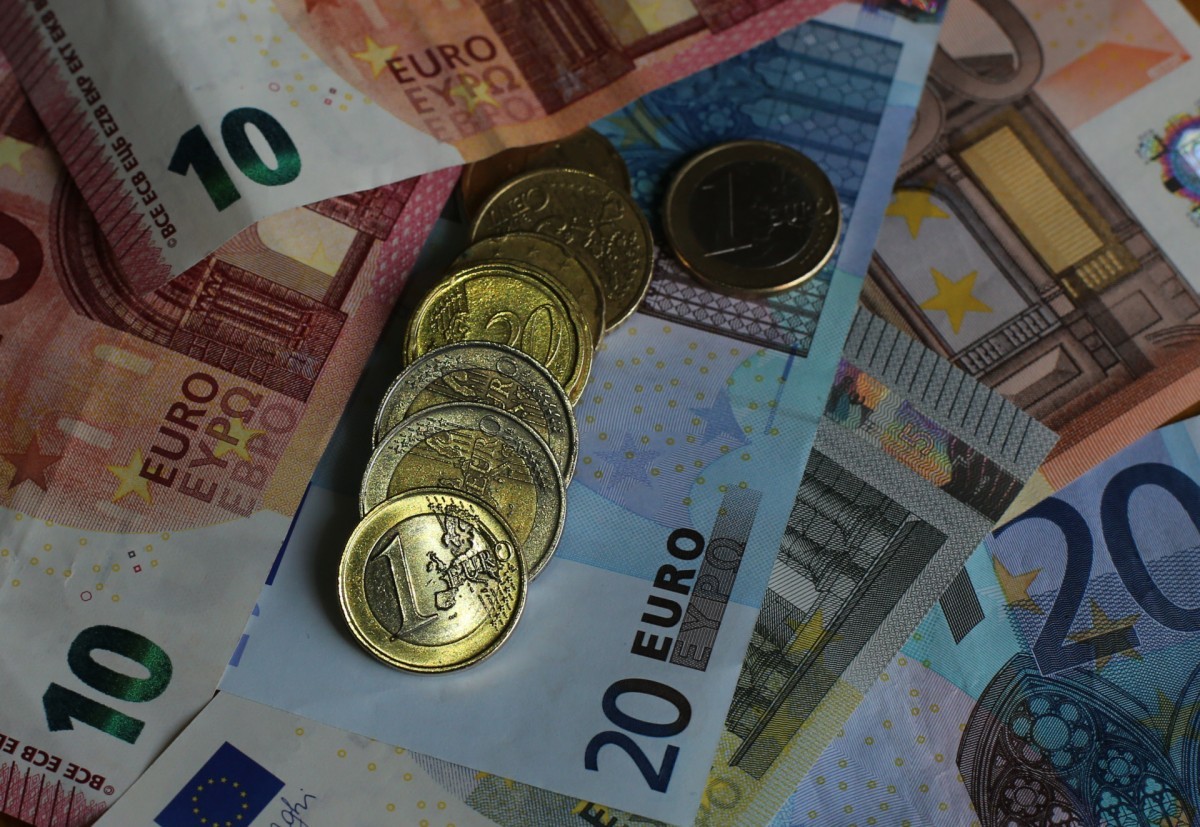
The year started with tensions between the government, the unions, and the employers' association in Spain over how much the minimum wage – which currently stands at €1,080 per month in 14 payments – should be raised this year.
At the end of 2023, the CEOE proposed an increase of 3% this year (to €1,112.4 per month) and another 3% by 2025, bringing it to €1,145.77 per month. On the other hand, the Ministry of Employment wants the increase to reach 4%, and the main trade union associations are asking for at least 5%. The last meeting between the government and the social partners ended without agreement and with a warning from the Vice-President and Minister of Employment Yolanda Díaz for the employers: the minimum wage increase could be even higher if they do not join the agreement to raise it by 4%. They are to return to the negotiating table next Friday, 12 January.
Awaiting the conditions of the agreement, everything suggests that the minimum wage will rise this year by around 4%, to stand at €1,123 per month in 14 instalments and that it will have a retroactive effect from 1 January 2023. Considering these forecasts, the minimum wage will have an accumulated increase of more than 50% since 2018, making it one of the most outstanding in the whole of the EU.
According to Eurostat data compiled by the newspaper Vozpópuli, only three countries raised the minimum wage more in recent years: Lithuania (110%), Poland (69%), and the Czech Republic (55%). Spain would be in fourth place, with an accumulated increase of close to 53% if the minimum wage is raised by 4% this year, tied with Bulgaria (53%) and above Croatia (50%), Hungary (49%), and Romania (48%).
Since 2018, more than twenty EU countries have raised the minimum wage, including Germany, France, Portugal, Belgium, Ireland and the Netherlands. Malta implemented the most modest rise, with just 12%.
The minimum wage paid by European countries
In 2023, Spain had the seventh-highest minimum wage in the EU. According to a study carried out by The Adecco Group Institute, based on data from the EU statistics office Eurostat, Spain's minimum wage stood at €1,260 per month in 12 payments, while the highest was that of Luxembourg, at €2,387, and the lowest was that of Bulgaria, at just €399.